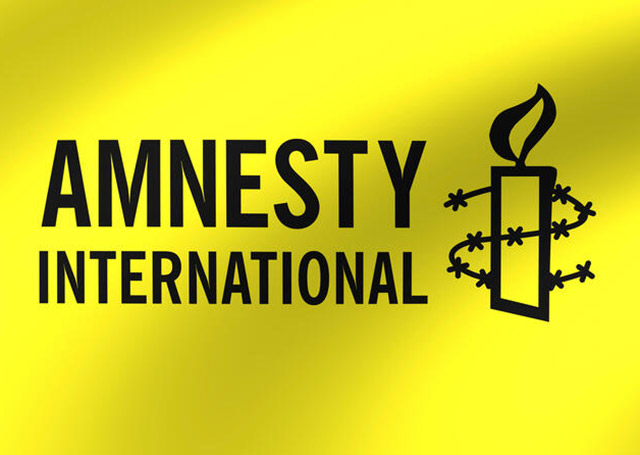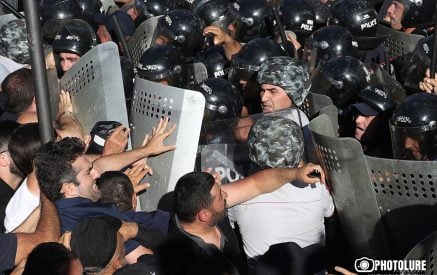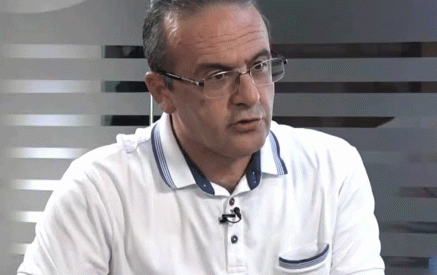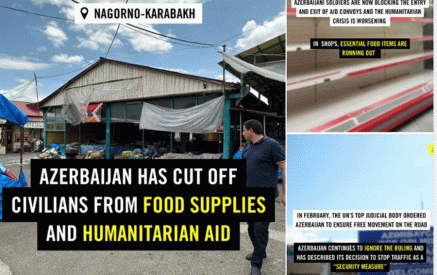The London-based watchdog singled out their decisions last year to triple maximum legal fines for “slander” and make it a crime to insult state officials. The decisions have been condemned by Armenian civic groups.
“The right to freedom of expression continued to be unduly restricted,” Amnesty International said in an annual report on human rights practices around the world. “The government introduced several legislative amendments curtailing independent media and other critical voices.
“In March [2021,] the National Assembly increased the maximum fine for insult and defamation to 6 million drams (approximately US$12,000). In August, another set of legislative amendments criminalized insulting public figures, making repeated insults punishable by up to three months’ imprisonment.”
All forms of slander and defamation had been decriminalized in Armenia in 2010. The current Armenian government’s decision to restore criminal liability for such offenses drew criticism from the Armenian opposition and civil society.
Read also
U.S. democracy watchdog Freedom House has repeatedly called a repeal of the corresponding amendments to the Criminal Code, saying that they highlight a “clear degradation of democratic norms” in Armenia. Political allies of Prime Minister Nikol Pashinian have dismissed the criticism.
Hundreds of people have already been investigated by the Armenian police and other law-enforcement agencies under the controversial amendments. According to state prosecutors, 31 of them were formally indicted by January 1. Most of them are thought to have been accused of offending Pashinian or other officials.
Amnesty International also deplored “trumped-up charges” that were brought against Yazidi activist Sashik Sultanian after he voiced concerns in 2020 over the treatment of fellow members of Armenia’s Yazidi community.
“His trial started in August and was ongoing at the end of the year,” reads the Amnesty report. “If convicted, he could face three to six years in prison.”
The report also says: “The Prosecutor General’s Office and state investigative bodies failed to effectively investigate attacks and threats against NGOs and media outlets, including looting of the offices of Radio Free Europe/Radio Liberty and Open Society Foundations, in the aftermath of the [Armenian-Azerbaijani] conflict in 2020.”























































